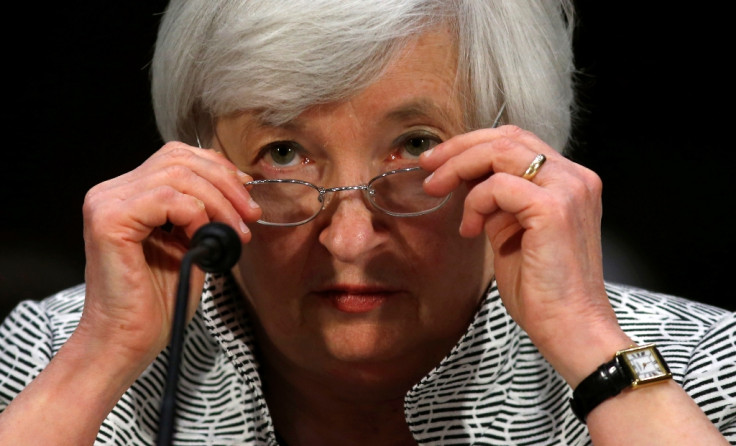Central banks watch: FOMC, Janet Yellen in focus with SNB, BoJ, Norway to set rates; BoE, RBA to release minutes

Four G10 central banks and at least five from the emerging economies will review their rates in the third week of March.
However, the focus will be on the Federal Reserve which is going to set rates two weeks after the hawkish jobs data and rhetoric from officials that have strengthened the dollar index past the historic 100-mark.
The Bank of Japan, the Swiss National Bank and the Norges Bank are the G10 central banks other than the FOMC to review monetary policy. Indonesia, Turkey, Iceland, Chile and Columbia are from the emerging world.
In addition, the Reserve Bank of Australia and the Bank of England will release the minutes of their recent policy meetings.
The BoE minutes will be looked at for the vote for the hold decision and the extent of dovish bias policymakers have been exhibiting with the economy facing continuous downside risks to growth and inflation.
The RBA document will be watched for the currency remarks as the central bank might derive some comfort from the recent greenback rally that has weakened the Aussie dollar to a new six-year low.
European Central Bank President Mario Draghi and RBA Governor Glenn Stevens will speak on two different occasions, but comments by Fed Chair Janet Yellen and BoJ chief Haruhiko Kuroda will catch more attention as they speak immediately after rate decisions.
Other policy makers in the speakers' list are RBA's Assistant Governor Guy Debelle on 16 March and the Fed's Dennis Lockhart on 20 March.
The BoJ review is on 17 March and the market is keen to hear from the policymakers on the likelihood of additional stimulus as they have been sounding less confident of achieving the inflation target on time or shoring up growth to the desired levels.
Speculation over US move
The 6 March jobs data from the US has intensified speculation that the world's largest economy will now find it necessary to shift the policy gear to the tightening mode sooner rather than later.
At the same time, inflation numbers of late have not been supporting an urgent upward move on the rates so the central bank view on the overall scenario will be of much more importance for the market.
Specifically, market watchers will see if the Fed on 18 March will remove the word "patience" from the statement which has been added recently to its rhetoric indicating the need to wait for a much better time for the first US rate hike since 2008.
The SNB will be in focus as the central bank has seen the Swiss franc reverse much of the gains it made against other major currencies on 15 January when it scrapped the EUR/CHF floor.
However, the renewed downward pressure on the common currency would be a problem for the Swiss unit so the central bank view on the exchange rate rather than interest rates will be of more significance at the review on 19 March.
The Norges Bank will also announce rates on 19 March. Norway is on an easing cycle and last cut the benchmark rate in December last year when it was taken 25 basis points down to 1.25%. The consensus is for another cut at the March review as inflation has been easing.
The Bank Indonesia had unexpectedly cut its benchmark interest rate by 25 basis points to 7.5% in the 17 February meeting in order to boost growth and ease inflation back towards target.
Indonesia's inflation has fallen from a one-year high recorded in December to slightly below 7% by January but there is still far away from the central bank target of 3-5%. The BI review is on 17 March.
Turkey's review has been scheduled for 17 March. The benchmark repo rate is now at 7.5%, and the market is expecting more cuts in the coming months with the annual inflation rate falling to a 14-month low of 7.24% in January.
Iceland will announce rates on 18 March while Chile and Columbia are scheduled for the 19th and the 20th respectively.
© Copyright IBTimes 2025. All rights reserved.






















